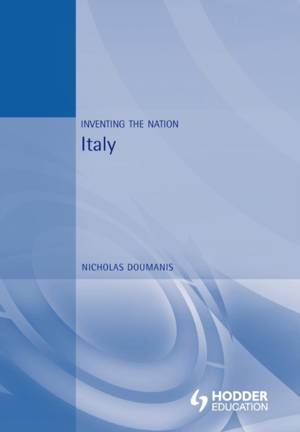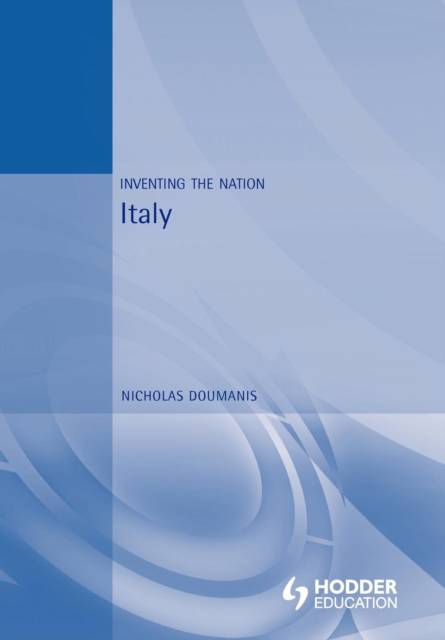
- Afhalen na 1 uur in een winkel met voorraad
- In januari gratis thuislevering in België
- Ruim aanbod met 7 miljoen producten
- Afhalen na 1 uur in een winkel met voorraad
- In januari gratis thuislevering in België
- Ruim aanbod met 7 miljoen producten
Omschrijving
In the early 1990s Italy faced the collapse of the established political parties and the increasing prominence of the secessionist Northern League had public commentators debating whether Italy, after 130 years as a unified state, constituted a nation at all. But Italy remained intact into the next century as is its own unique national creation. This new study examines this phenomenon and offers a detailed discussion of Italy's historical development. It argues that the exigencies of state-formation were more important in the founding of the Kingdom of Italy than nationalism, and then argues that early failures to engineer an Italian national consciousness were due to the state's refusal to integrate local cultures into a consolidated national culture. Rather, a nation was gradually developed from within society, through the construction of a public sphere, through mass communications, migration movements, and mass consumerism.
Specificaties
Betrokkenen
- Auteur(s):
- Uitgeverij:
Inhoud
- Aantal bladzijden:
- 208
- Taal:
- Engels
- Reeks:
Eigenschappen
- Productcode (EAN):
- 9780340691618
- Verschijningsdatum:
- 3/08/2001
- Uitvoering:
- Paperback
- Formaat:
- Trade paperback (VS)
- Afmetingen:
- 159 mm x 234 mm
- Gewicht:
- 326 g

Alleen bij Standaard Boekhandel
Beoordelingen
We publiceren alleen reviews die voldoen aan de voorwaarden voor reviews. Bekijk onze voorwaarden voor reviews.









